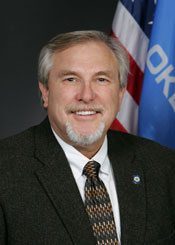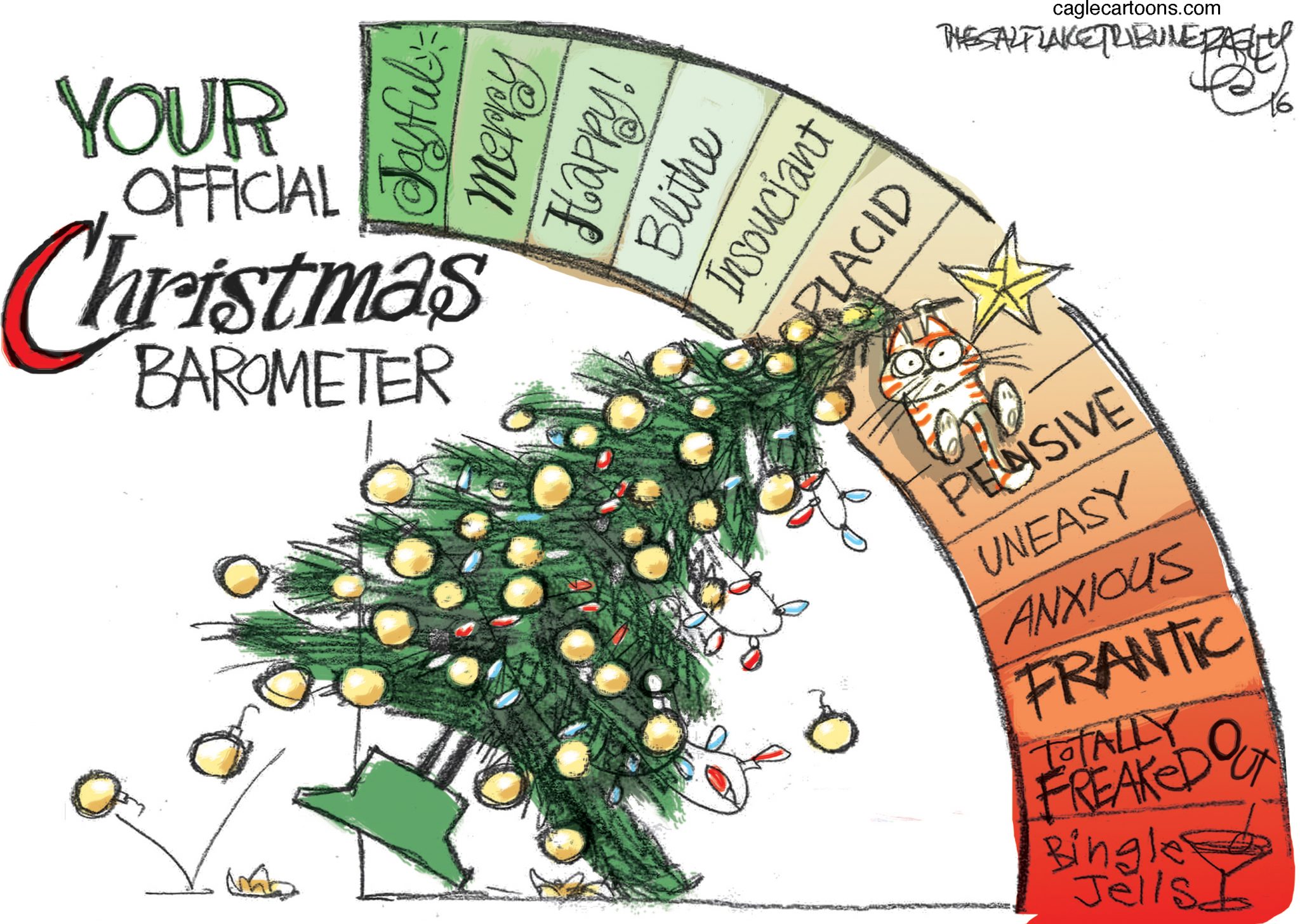BY DAVID PERRYMAN
 In October 1929, less than eight months after Herbert Hoover’s inauguration, the failed policies of the 1920s came home to roost. The stock market dropped by more than 25%. Losses from the market exceeded the entire 1929 federal budget and amounted to more than the U.S. had spent in World War I. By Nov. 13, when the market hit its 1929 low, the total loss was the equivalent of nearly $1.4 trillion in 2016 dollars.
In October 1929, less than eight months after Herbert Hoover’s inauguration, the failed policies of the 1920s came home to roost. The stock market dropped by more than 25%. Losses from the market exceeded the entire 1929 federal budget and amounted to more than the U.S. had spent in World War I. By Nov. 13, when the market hit its 1929 low, the total loss was the equivalent of nearly $1.4 trillion in 2016 dollars.
Only about 10% of American households were directly invested in the stock market, but the loss in confidence shook the country to its core. Citizens attempted to withdraw their bank accounts and during the four years of the Hoover Administration, almost half of all U.S. banks either closed or merged. In the era before the FDIC, depositors were lucky if they recovered 10 cents on the dollar.
Income tax cuts during the Coolidge and Hoover years resulted in the wealthiest 10% of Americans owning 84% of all wealth. Those who lived in poverty were unable to purchase goods and services and those who had the financial ability to do so didn’t spend enough to meet supply. As a result the drop in manufacturing and retail sales caused unemployment to rise to 25% while wages fell by more than 40%.
Despite the petition of 1,028 leading economists, President Hoover, in an ill-fated attempt to protect American jobs and stabilize prices, signed the Smoot-Hawley Tariff Act placing tariffs of up to 60% on more than 3,200 different products.
Many American farmers who were able to make substantial increases in commodity production because of mechanization and rural electrification were not directly affected by the crash of the stock market, but were devastated by the tariffs that damaged foreign markets for their farm products. Then they were dealt the Dust Bowl.
After hitting what appeared to be rock bottom in 1932, the economy saw growth from 1933 through 1936 as unemployment dropped by half. Then, in 1937 came the “1937 Mistake.” In an attempt to increase the value of the dollar, the Federal Reserve raised interest rates thereby reducing the availability of credit and consequently layoffs started anew resulting in a vicious downward economic spiral, all of which we call the Great Depression.
It was against this backdrop that the Oklahoma Legislature in 1937 created the Santa Claus Commission with the stated statutory purpose of making certain that every institutionalized child and every foster child and every child supported in whole or in part by the state, who would not otherwise receive a Christmas present, would receive one.
The original 1937 appropriation was $2,000 and reached a high of $7,500 in 1983. Through the years, debate has raged about whether this task was the responsibility of the state and in recent years 100% of the funding has come from private donations. Children receive small items like a duffle bag for their personal effects or a bottle of lotion or a $15 gift card.
There was a mistake in 1937, but it was not the Santa Claus Commission that continues to do its work thanks to the compassion and generosity of the people of the great state of Oklahoma.
Let’s hope that there is not a 2017 mistake like a tariff or an increase in interest rates that plunges a recovering economy back into the abyss of 2008.
– David Perryman, a Chickasha Democrat, represents District 56 in the Oklahoma House








